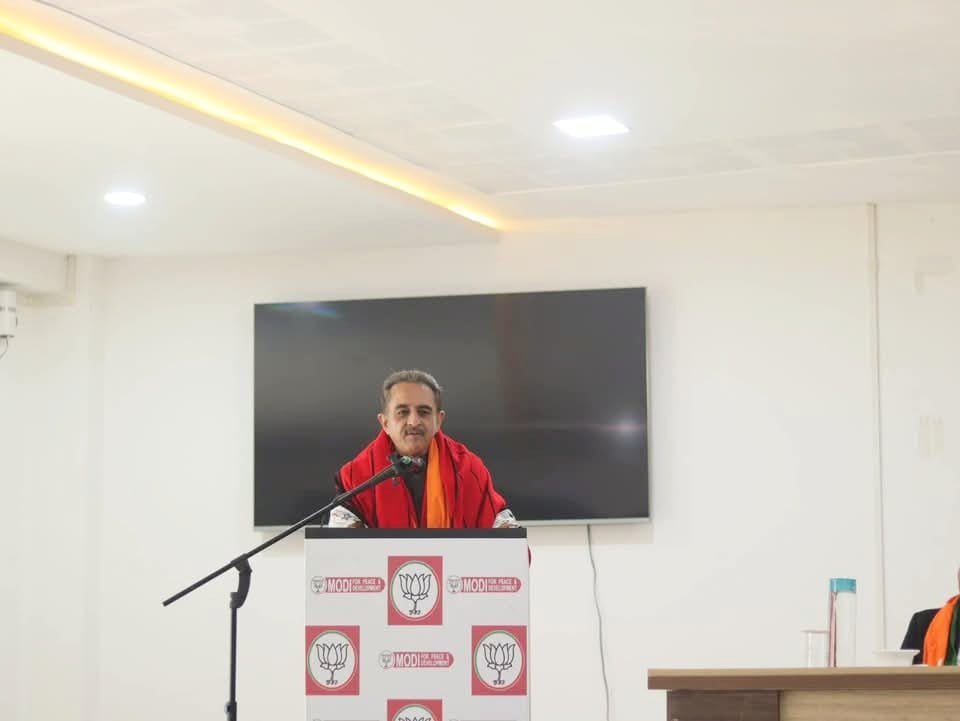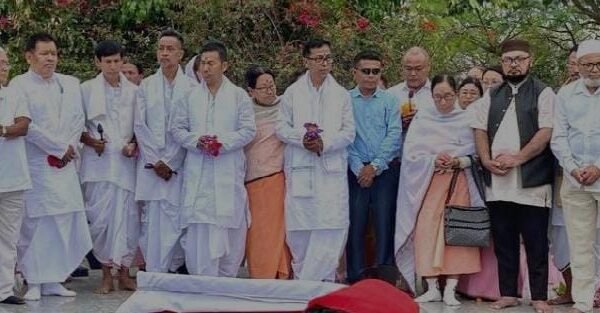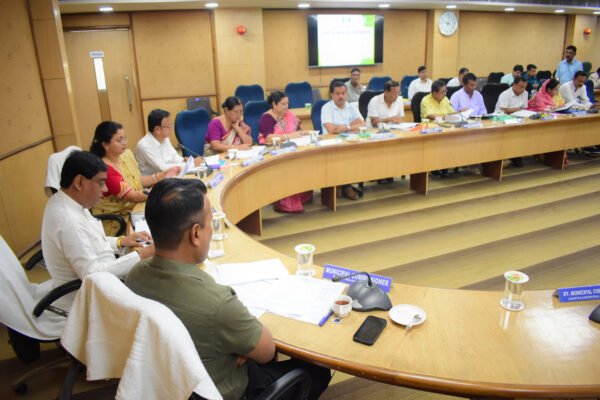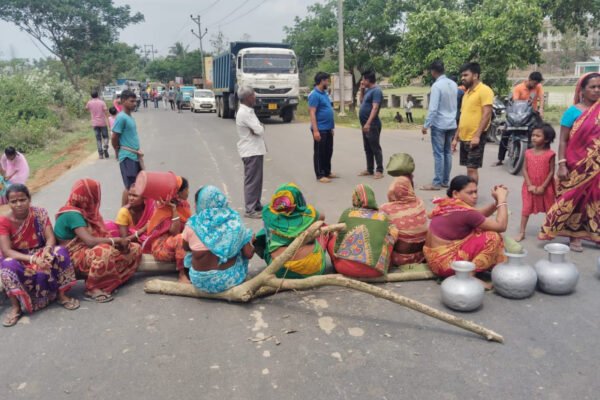Union Minister of State (MoS) for Environment, Forest & Climate Change and External Affairs, Kirti Vardhan Singh, on Tuesday highlighted the Centre’s strong commitment to the development of the North East region under the Union Budget 2025. Addressing a press conference at the State BJP Headquarters, Singh emphasized the region’s critical role in India’s national growth and the government’s continuous efforts to integrate it into the broader development framework.
Singh affirmed that India remains the world’s fastest-growing economy, with Budget 2025 reflecting the aspirations of the people and aligning with Prime Minister Narendra Modi’s vision for a “Viksit Bharat and Atma Nirbhar Bharat” by 2047. He emphasized that the North East, with its vast untapped potential, plays an essential role in this vision.
Responding to concerns about the reduction in railway services from Dimapur, Singh clarified that this was due to the development of new railway lines in the region, which had led to trains originating from different stations. He further pointed out that the expansion of highways and enhanced regional connectivity were factors contributing to the reduced railway traffic. Singh assured that the issue would be considered for potential reforms.
Singh also highlighted the success of the UDAN Regional Connectivity Scheme, which has led to the establishment of new airports, new railway lines, and upgraded stations, all of which have improved connectivity in the region. He revealed that Budget 2025 includes provisions for the creation of 50 new airports in the North East, as part of a national plan to add 120 new destinations across India. Addressing the Chiethu greenfield airport project in Kohima, Singh promised to follow up on the matter, noting the importance of land availability and infrastructure in the development of new airports.
The Union Budget 2025 also focuses on key areas such as boosting farmers’ incomes, supporting small and medium enterprises, enhancing exports, promoting defence production, generating employment, and empowering women and tribal communities. Singh noted that tax reforms aimed at improving the ease of doing business and strengthening national connectivity were key highlights of the budget, with increased allocations for roads, highways, railways, and air travel.
Acknowledging the region’s historical infrastructure challenges, Singh assured that significant progress has been made in addressing these deficits. He highlighted the role of the Ministry of Development of North Eastern Region (DoNER) in ensuring dedicated funding and administrative oversight for the region’s growth.

Singh also pointed out the economic potential of eco-tourism in the North East, which could generate substantial income for local communities. He underscored the role of expanding digital connectivity in narrowing the infrastructural divide between the North East and the rest of India, which is facilitating progress in education, healthcare, and other sectors.
Concluding his address, Singh reiterated the Centre’s commitment to the holistic development of the North East, promising continued focus on inclusive growth, improved connectivity, and infrastructure development in the region.









